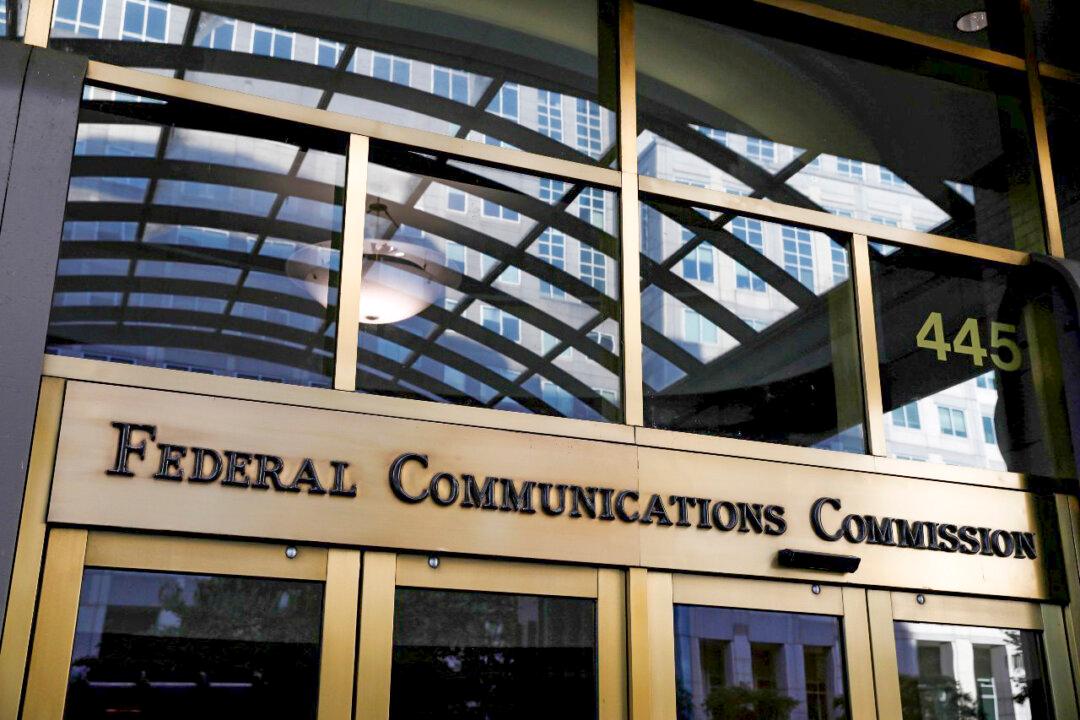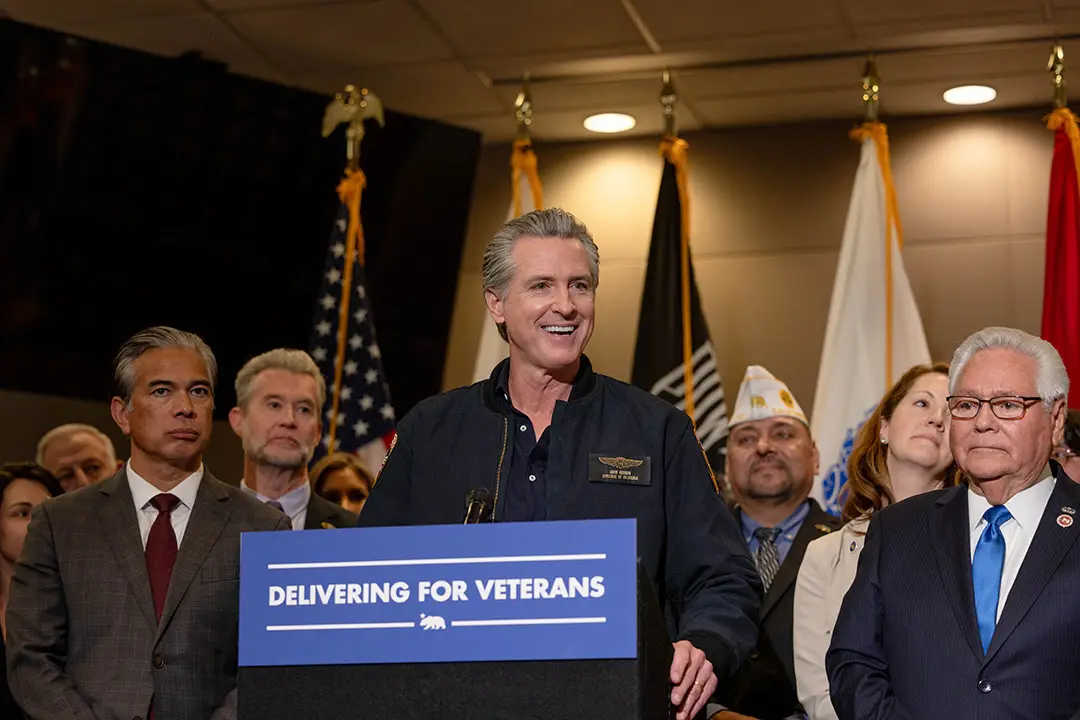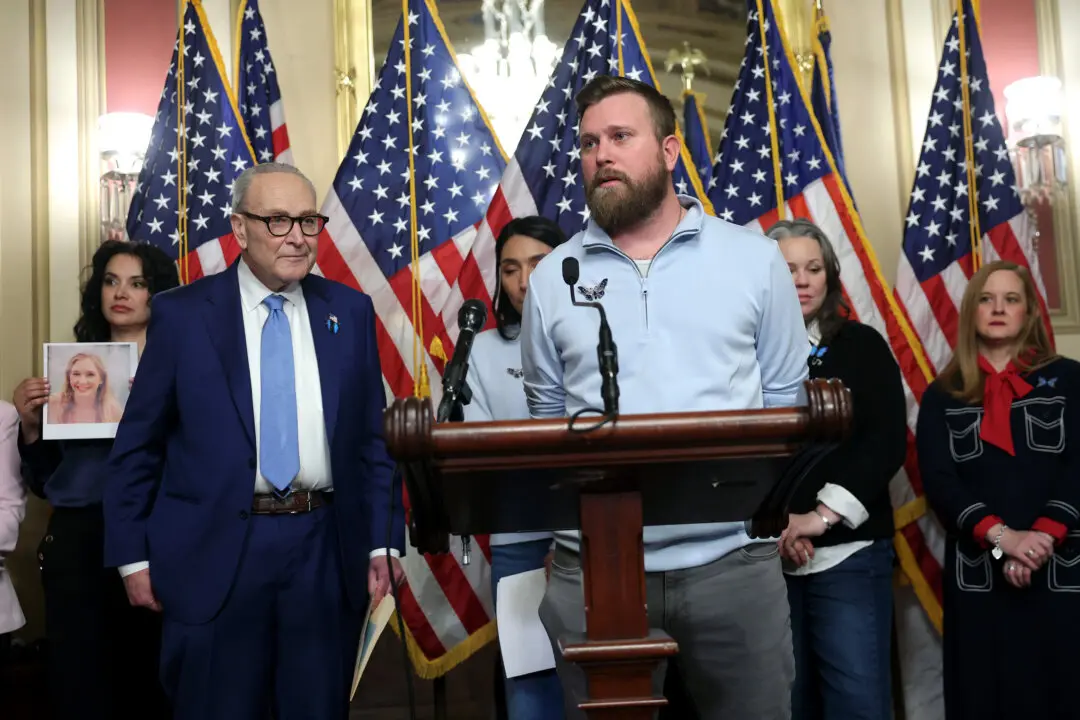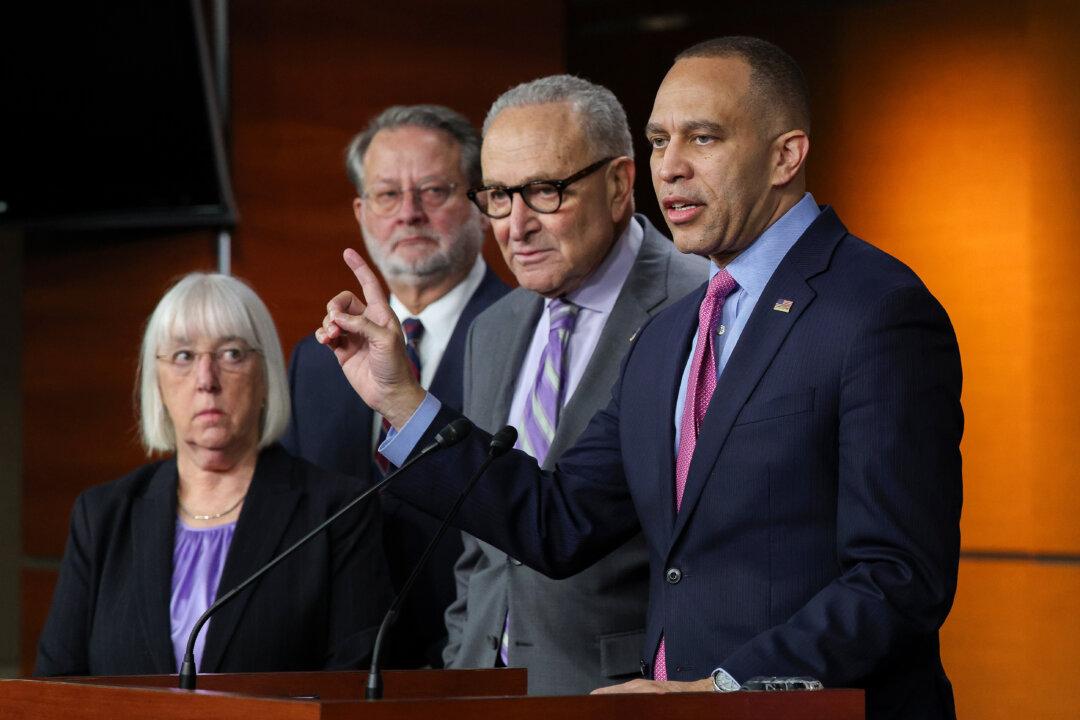A U.S. telecom provider and its CEO have pleaded guilty to conspiring to defraud the United States by stealing more than $100 million from a federal program designed to provide discounted phone services to people in need.
Issa Asad, 51, CEO of Q Link Wireless LLC, based in Dania Beach, Florida, also pleaded guilty on Oct. 15 to laundering money in a separate scheme to defraud the Paycheck Protection Program (PPP), which was intended to aid individuals and businesses affected by the COVID-19 pandemic.





